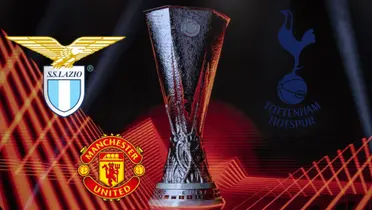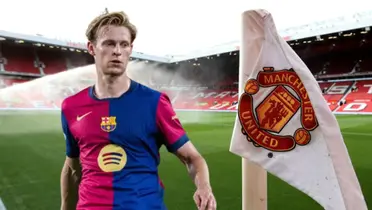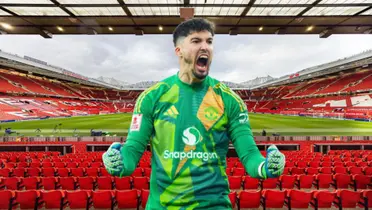How can Manchester United build a long-term sustainable sports project?
The Manchester United challenge: Building a sustainable future

The Manchester United board faces a crucial crossroads. The task of rebuilding a sporting project that aspires to greatness, while ensuring its long-term sustainability, presents monumental challenges. The club, with its rich history and legions of fans, desperately seeks to regain its place in the elite of English and European football.
Sir Alex Ferguson's legacy, though glorious, has cast a long shadow. The constant comparison to the golden years demands a clear vision and flawless execution. The board must navigate a sea of expectations, balancing the need for immediate results with the construction of a solid foundation for the future.

Sporting reconstruction: Beyond star signings
Manchester United's sporting reconstruction transcends the mere acquisition of renowned players. It involves a comprehensive restructuring that encompasses everything from playing philosophy to youth academy management. The board must define a recognizable and attractive footballing identity, capable of competing with the giants of modern football.
Investment in young talent emerges as a fundamental pillar. The club's academy, with its rich tradition, must once again become a breeding ground for talent. The integration of young promises into the first team, combined with the strategic acquisition of experienced players, presents itself as the formula for lasting success.

Stability on the bench: The pillar of a sustainable project
The post-Ferguson era has been marked by instability on the bench. The succession of coaches, with disparate philosophies and styles, has prevented the consolidation of a coherent project. The board must break this cycle and bet on a coach with a long-term vision, capable of building a team with its own identity.
The search for the ideal coach is not limited to their track record. It requires a leader with the ability to develop young talent, implement a clear playing philosophy, and manage a locker room with high-caliber stars. The board's patience and support will be crucial for the coach to develop their project.

Financial and sporting management: The necessary balance
Manchester United's financial management must be as rigorous as its sporting management. Excessive investment in signings, without a strategic plan, has proven unsustainable. The board must prioritize investment in infrastructure, the improvement of training facilities, and the recruitment of young talent.
The following list details the management elements to consider:
- Smart Investments: The key is to sign players who adapt to the club's philosophy and provide long-term value.
- Academy Development: The training of young talent reduces dependence on expensive signings.
- Resource Optimization: Efficient management of financial resources allows reinvestment in key areas of the club.
- Economic Sustainability: The club must generate sufficient income to cover its expenses and ensure its long-term viability.
Competition in the Premier League and Europe: A constant challenge
The Premier League, with its unprecedented level of competitiveness, demands a Manchester United at its best. The hegemony of Manchester City and the resurgence of other historic clubs pose a constant challenge. The board must build a team capable of competing for the league title and shining in the Champions League.
The demand to compete on two fronts, league and Champions League, requires a broad and quality squad. The management of fatigue, player rotation, and adaptation to different playing styles will be crucial for the team's success.
The Manchester United board has a titanic task ahead. Building a sustainable and winning sporting project requires a clear vision, rigorous management, and bulletproof patience. The road to glory is fraught with obstacles, but the club, with its history and its fans, has the capacity to overcome them and reign again in world football.
What you need to know about Manchester United:
- Sporting reconstruction: The club seeks to return to the elite after years of ups and downs.
- Key decisions: The board faces crucial challenges in signings and management.
- Stability on the bench: Finding the right coach is essential.
- Smart investments: The future depends on financial and sporting management.
- Fierce competition: The Premier League and the Champions League demand a top-level team.
More news

The Numbers Don't Lie: Casemiro's Dominance Returns
31/03/2025

United's Dream Pairing: The Duo Fans Are Eager to See
31/03/2025
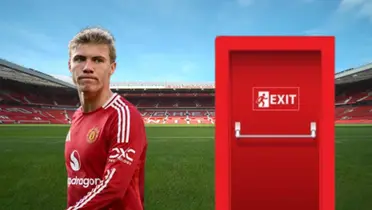
Hojlund's Fate: Will He Stay or Leave Man United?
31/03/2025
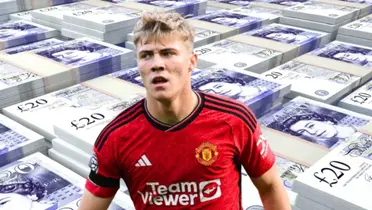
Højlund's Plummeting Value: A Cause for Concern at Man United
31/03/2025
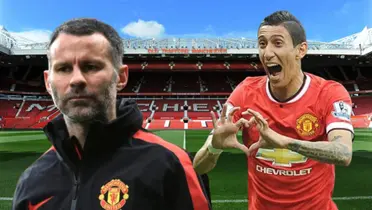
Giggs' Misjudgement: Depay's Free-Kick Hopes Fall Flat
31/03/2025
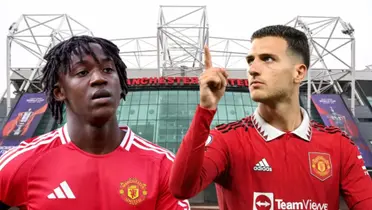
Man United's Summer Clearout: Players on the Chopping Block
31/03/2025
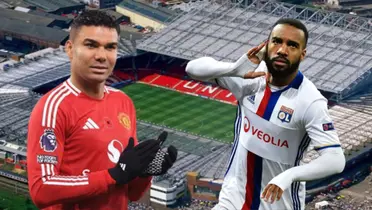
Financial Divide: Man United's Value Dwarfs Olympique Lyon's Squad Cost
30/03/2025

Onana Exit Rumors Swirl: How the Goalkeeper Is Responding
30/03/2025
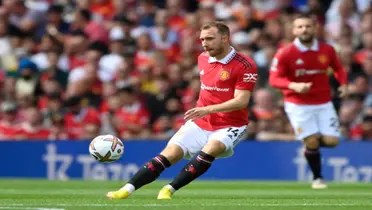
Eriksen breaks the silence about the rumors of not renewing
30/03/2025
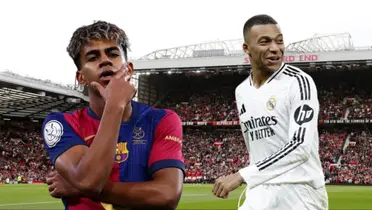
World-Class Player Available: Romano Reveals Transfer Bombshell
30/03/2025

Ugarte's Premier League Insight: Key Differences From Ligue 1 Revealed
30/03/2025
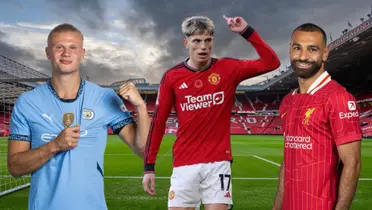
Garnacho Outshines Salah and Haaland: A Stunning Statistical Triumph
29/03/2025
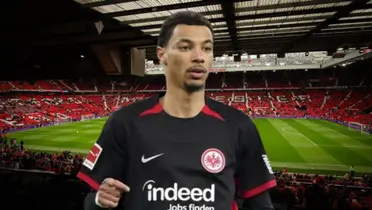
Ekitike's Staggering Stats: Why Man United Are Keen
29/03/2025
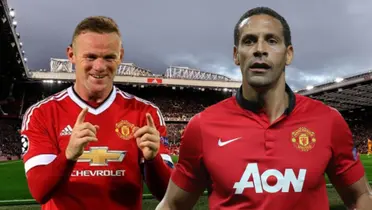
Beyond Legends: The United Player Who Rewrote Investment History
29/03/2025
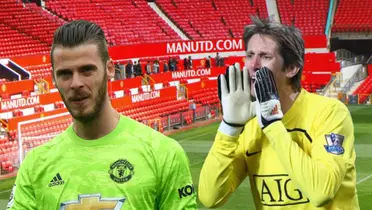
Manchester's Goalkeeping Giants: Who Reigns Supreme?
29/03/2025
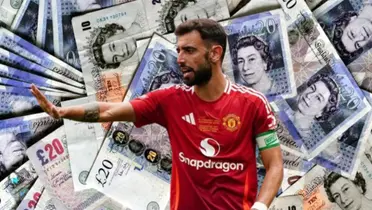
Fernandes' Fortune: Unveiling the Price Tag of United's Captain
29/03/2025
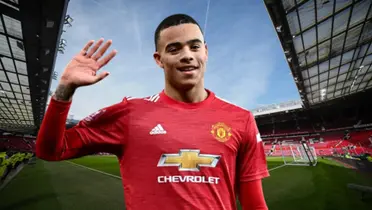
The Manchester United jewel that was rumoured for Barcelona ended up in an exotic league
29/03/2025

Father's Faith Pays Off: 100 Pound Bet on Son's United Debut
29/03/2025
